One field application of our green product can protect a crop from target insects for the entire season

One field application of our green product can protect a crop from target insects for the entire season

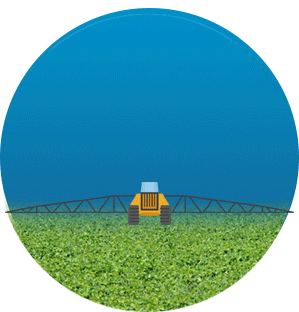
Chemical pest control faces two major challenges that are driving the market toward ‘green’ solutions:

Yet, today’s green pest-control solutions present several serious drawbacks.
First and foremost, today’s green solutions are only effective for relatively short periods of time (compared with chemical solutions). Also, most green solutions entail high labor costs, and many of them require complex application methods. Pheromats’s innovation offers an alternative that is highly effective over a significantly longer period of time, requires low labor costs and utilizes simple application methods.
Living organisms secrete pheromones to help them communicate. Different pheromones have different functions: Sounding an alarm, creating food trails, calling for aggregation, attracting the opposite sex, and more. One pest-control strategy uses insects’ sex pheromones to inhibit mating, preventing female fertilization and laying of eggs that will eventually hatch to harm the crops. Two mechanisms exist for pest-control by pheromones:
The pheromone-based pesticides available today have short-term bioactivity. Their application is complex and requires high-cost labor. Agrorim’s delivery platform creates green, pheromone-based pesticides with significant advantages: Long-lasting effectiveness, ease of use and low labor costs. Using the mating disruption method, only one field application at the start of the season protects a crop from the target insect for the entire season. “Pheromat” is currently under development for the mass trapping of olive pests (olive fruit fly, olive moth and jasmine moth) and as well as for other pests (codling moth, false codling moth and tuta absoluta moth).

In nature, there are plants release volatile substances to repel insects. Situating these plants near crops can greatly reduce the number of harmful insects in the area. However, planting these “repellent plants” near a crop for pest control requires the allocation of expensive lands, which hinders this method’s adoption in advanced agriculture. An alternative strategy using plant-sourced insect repellents is to spray the target crop with essential oils extracted from the “repellent plant”. However, these essential oils are highly volatile, photo-chemically unstable and often severely phytotoxic, so their application is limited.
Our green, insect-repellent pesticide is based on the molecular encapsulation of active essential oils with natural vehicles that actively repel against the tomato leaf miner, Tuta Absoluta. Our encapsulation platform improves the photo-chemical stability of the active ingredients, ensures slow release, eliminates phytotoxic effects, and makes it effective for a longer period of time.

The post-harvest chain involves all treatments or processes that agricultural produce undergoes from time of harvest until reaching the final consumer. This includes harvesting, transportation, storage, distribution, marketing, etc.
More than one-third of fresh food crops produced in the world is lost after harvest as a result of post-harvest diseases that affect appearance, taste, flavor and texture. These diseases are managed by the application of chemical fungicides.
However, increasing concerns for health hazards and environmental pollution has necessitated the development of alternative and green strategies for the control of these post-harvest diseases. Successful green management of post-harvest diseases using natural essential oils has been demonstrated. However, these alternatives are much less effective than the chemical fungicides. To provide more effective, longer term disease control, we have encapsulated these essential oils in our unique, molecular encapsulation platform, to successfully stabilize their active ingredients, enhance water solubility and bioavailability, prevent volatility, eliminate phytotoxicity, and ensure that the strong aromas of the essential oils do not affect the produce.

Global warming and climate change are causing a stress effect on plants that is reducing the yield and quality of agricultural produce. Drought, heat, low temperatures and high salinity are some of these stress factors. Yet, the global population growth rate is necessitating increased food production.
Bio-stimulants are a group of micro-organisms or substances extracted from plants or algae that stimulate plants to increase their uptake of nutrients or resist abiotic stresses.
These materials enhance the yield and quality of plants under stress conditions. Some plant extracts and essential oils trigger a bio-stimulation effect on plants, however, these materials are usually highly toxic to plants and are only active for a short period of time. Our unique platform of molecular encapsulation provides the perfect solution to overcome the application barriers of essential oils and enables their application by several methods, such as seed priming-coating, soil dressing and foliar application.

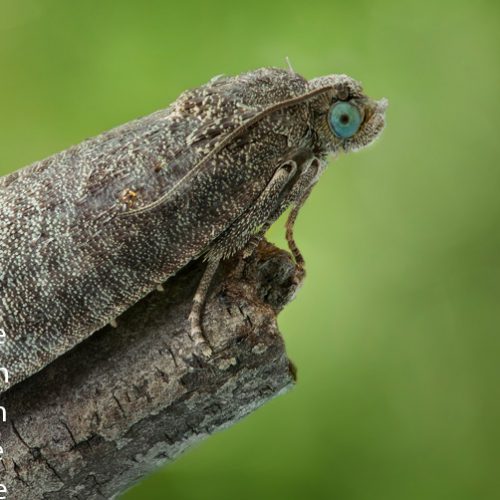
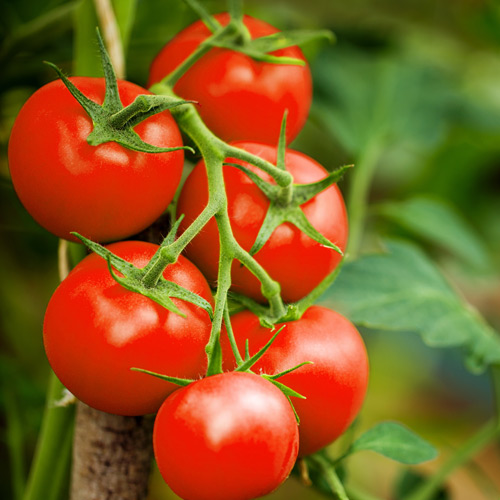
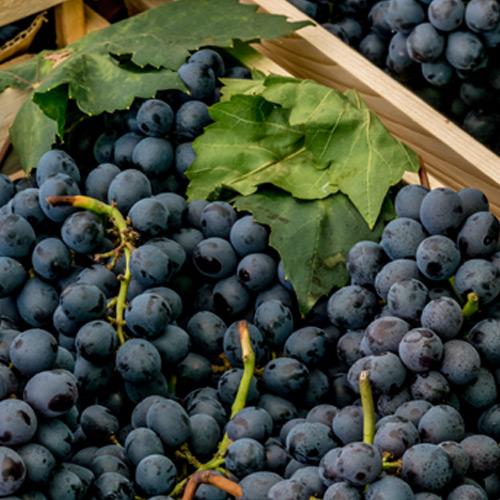
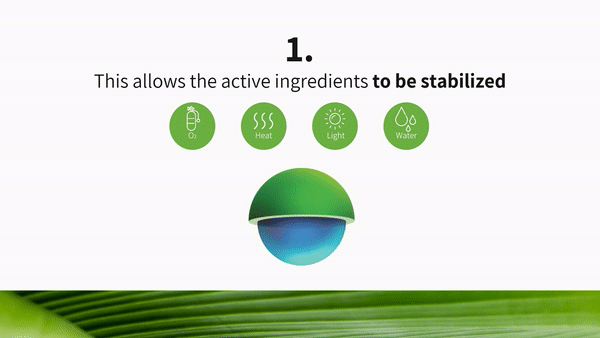
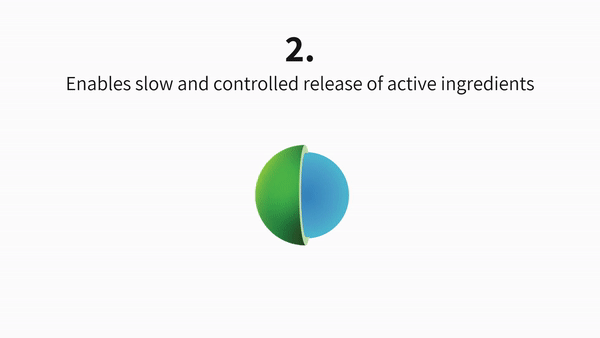
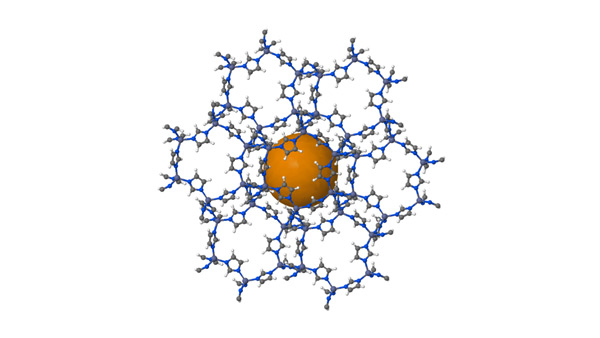
Pheromats’s encapsulation technology is a molecular-level coating of active substances within another shell material on the angstrom scale (a one ten-billionth of a meter). This emerging technology is already commonplace in the pharmaceutical industry for controlled-release drug delivery systems, however, its potential applications have rarely been exploited in agriculture. The benefits of using molecular-encapsulation in agriculture include protecting and isolating active agents from adverse conditions, and increasing their biological activity and bioavailability via slow release. Pheromats’s innovation harnesses this technology to develop effective, green and economical solutions for pest control in agriculture.
The Company’s molecular encapsulation technologies are protected by two provisional patent applications for several field activities:
The key to Pheromats’s technology is the precise molecular fit between the size and shape of the bioactive agents and the cavities of the coat material.This allows our solutions to deliver exactly the right amount of the bioactive ingredient to the target environment at the desired rate over the required duration.
We use two technologies to encapsulate bioactive ingredients. Polysaccharides: This technology allows delivery of small and medium-sized molecules in aqueous applications that require total food safety. Aluminosilicates: We use these inert and environmentally benign materials to encapsulate and deliver small molecules. The high payload and small cavity size enable volatile active ingredients to be delivered over a period of many months, for large savings in both material and labor costs.
What affected olives also affected other crops, and soon this technology was found suitable for the pheromones of most of the world’s pests. Since then, the same technology platform has been applied to other agents such as bio-stimulants, insect repellents, and for post-harvest protection.
Pheromats
Pheromats was started R&D activity in September 2024 as a start-up company. Our mission is to develop technologies for the delivery of active agents in agriculture to help make farming safer and greener for farmers, consumers and the environment.
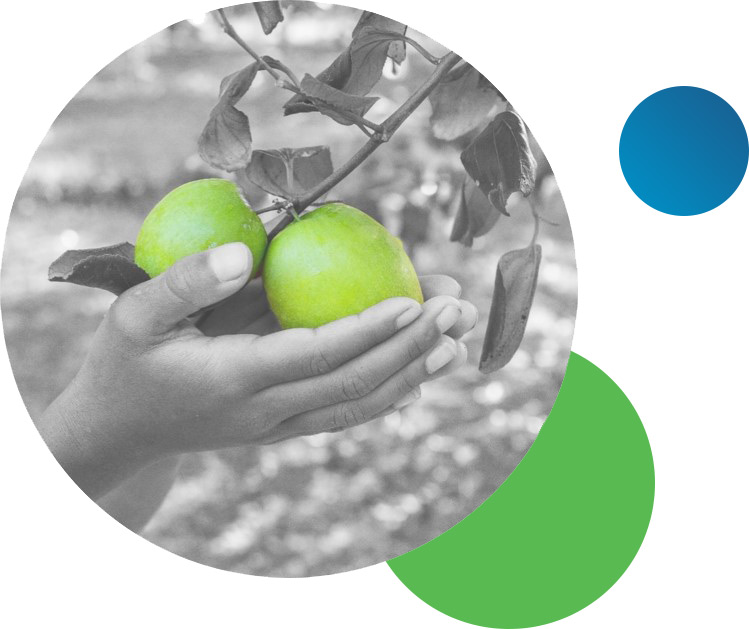
To harness science and technology for the development of effective, green pest-control solutions that are precise and simple to implement, for a cleaner world with more affordable and accessible food produce.
Pheromats has developed a platform for the delivery of agricultural solutions. The principles that lead us in the development of green products are:

Deliver highly effective solutions
using only naturally-occurring,
bio-degradable substances.

Solutions target only the
selected pests, and don’t impact
other insects, animals, plants, or the
micro-ecological system; they are
safe to farmers and consumers alike.

Minimize use of materials, costs
and human resources by improving
performance and simplifying
application in the field.

Dr. Jallal Gnaim, the founder & CTO of Agrorim, is a pharmaceutical chemist with 30 years’ experience in molecular encapsulation, delivery and targeting of bioactive agents for cosmetic and pharmaceutical applications. He was awarded PhD in pharmaceutical chemistry from the Hebrew University of Jerusalem. He held several postdoctoral positions at Paris, France and Delft, The Netherlands. He has a vast experience in academic R&D: The Hebrew University of Jerusalem, Ben-Gurion University, University of Paris-Sud, University of Paris-V, Delft University of Technology, Birmingham University, Dundee University, The Triangle R&D Center; as well as in industrial R&D: L’Oréal-Paris, ICL – Bromine Compounds and CapsuTech Ltd.


Razan Younis, a biology R&D researcher, has received her B.Sc. degree in biology from Tel Aviv University and M.Sc. in medical biology from Tel Aviv University and Sheba Medical Center.


Yasyn Elayoudi
+212660327554
yassinebenki79@gmail.com
